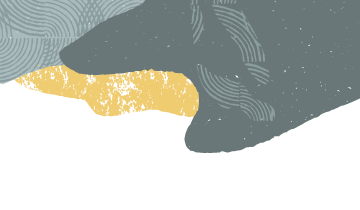Oracle Converged Database for Developers - Series
Live Webinar
14 and 15 April, 2021
10:30 a.m. - 01:30 p.m. (CEST)
Agenda and Sessions description
14 April 10:30 a.m. - 1:30 p.m.

